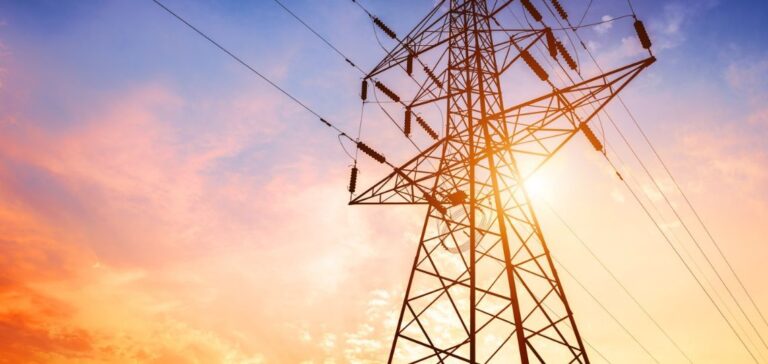Ofgem, the UK’s Office of Gas and Electricity Markets, has announced the launch of the twelfth round of its Offshore Transmission Owner (OFTO) scheme. This round invites investors to bid for the ownership and operation of the infrastructure linking the Sofia wind farm, developed by RWE, to the onshore electrical network in North Yorkshire. The Sofia wind farm, with a capacity of 1.4 gigawatts (GW), is located 195 kilometres off the northeast coast of Great Britain in the North Sea, and is capable of supplying power to nearly 1.2 million UK homes.
The transmission infrastructure includes cables, as well as offshore and onshore converter stations and substations, facilitating the transport of electricity generated offshore to the national grid. Ofgem’s tender process aims to minimise costs for consumers while providing attractive investment opportunities. Since the OFTO regime was launched in 2009, winners have invested more than £11bn in links connecting 27 offshore wind farms. Ofgem expects to bring an average of £6bn of OFTO assets to market each year until 2030, in response to the accelerating pace of energy infrastructure development.
Offshore transmission projects
Later this year, Ofgem plans to launch the thirteenth round of tenders, which is expected to be the largest to date. This round will include transmission assets for three wind farms: Dogger Bank C, Inch Cape, and East Anglia 3. Dogger Bank C, located 196 kilometres offshore, has a generation capacity of 1.2 GW and is part of the world’s largest offshore wind farm, with a total installed capacity of 3.6 GW, enough to power up to 6 million homes annually. Inch Cape, one of Scotland’s largest offshore wind farms, features 72 turbines located 15 kilometres off the coast of Angus, with a capacity of nearly 1.1 GW. East Anglia 3, located 69 kilometres off the east coast of England in the southern North Sea, could generate up to 1.4 GW, with the potential to power over 1.3 million homes.






















